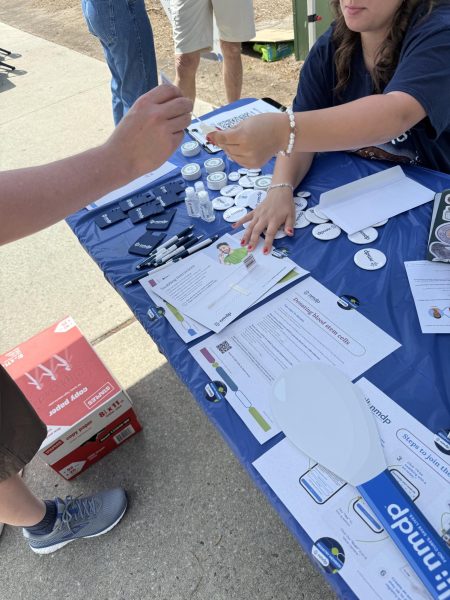
I don’t really recall when I heard the news. That’s the weird thing about something traumatic, right? It completely shifts your life forever, but you can’t quite deduce the timeline of when it happened. In other words, you can’t separate your life from before to your life after. There’s a good chance I was sitting at the kitchen table, touching the grooves made from pens and pencils long ago. Or I was sitting on the navy couch, watching some iteration of “iCarly” or old Cartoon Network reruns. All I can really say is, I didn’t know how bad it was going to be. Until it was.
In Feb. 2015, my dad was diagnosed with a rare form of bone marrow cancer called myelofibrosis. Myelofibrosis causes scarring in the bone tissue and is a chronic form of leukemia that is very difficult to treat, in that it affects every part of your body because the bone scarring causes your blood to thin, makes it harder for it to clot and can cause severe anemia in some cases. This also means that you cannot live for more than a few years without coming up with a permanent solution; and that permanent solution in a lot of cases is a stem cell transplant.
The biggest issue for my father was that he didn’t feel sick. Sure, a bit of fatigue here and there, but nothing indicative of a larger issue like this. He thought he’d wait until I went off to college, until life got a little less busy, until he retired from the job he loved. And the doctor told him that if he chose to wait, he wouldn’t be alive to get to that point.
On Jan. 28, 2016, my dad underwent a stem cell transplant procedure at Massey Cancer Center at Virginia Commonwealth University in Richmond, Va. We knew hardly anything about his donor, as the hospital keeps most of that information private in case the patient doesn’t make it. However, we knew she was a 41-year-old woman from Germany. And somehow, someway, her blood matched my father’s halfway across the world.
This woman, who two years later we would know to be named Anja, simply did a cheek swab through the National Marrow Donor Program (NMDP, formerly BeTheMatch) as a part of Germany’s healthcare system. She thought nothing of it, just another regular day, apart from a quick q-tip to the side of the mouth. Until she got the call that miraculously, someone in the world actually matched with her, and needed her blood to survive.
My father’s journey was long and treacherous to say the least. His initial stint in the hospital lasted for seven weeks. After his bone marrow transplant, things were looking fantastic. His red blood cells were up, platelet levels were soaring through the roof and he felt rejuvenated after the tedious recovery process. However, as my family would learn, and something I certainly did not know before this, is that for as much as the body is resilient, a lot of things have to go right for it to work.
His levels and counts were checked every single day for a three-month period. In May of 2017, my dad was back at work as a Magistrate in the judicial court of Va., slowly feeling a bit better. He left work early one day because he had a splitting headache, drove home and decided to lay his head down to take a nap and sleep the migraine off. And my dad told my family that the second he laid his head down, he thought to himself that if he slept, he wouldn’t wake up.
My aunt rushed my dad to the hospital in the pouring rain, my mom frantically trying to get off work to meet him there— where the doctor would then tell her that it was probably time to get me and for both of us to say our goodbyes. He was in the ICU, unconscious, with a brain bleed, which is when blood from somewhere in the body leaks into the brain, causing hemorrhaging or stroke.This happened to my dad due to a blood vessel rupture from very thin blood and low platelet levels. It was seemingly the end of the road, until he woke up, started speaking and making jokes. For some inexplicable and unknown reason, my father had survived the unsurvivable.
Right after the brain bleed, the doctors determined that the underlying issue for my dad’s continuous struggle was that his spleen was gobbling up all of his red and white blood cells, as well as platelet levels, and that polycythemia (something my dad had, which can turn into myelofibrosis) can often cause an enlarged spleen. Basically, his platelet levels were going down because his own body was attacking the foreign stem cells, which doctors hypothesized could also have impacted his brain bleed. He quickly went into surgery to have it removed, and within a matter of hours, my dad’s counts were resembling a normal level.
Now, he’s nine years post-transplant. Him and my mom moved to the beach, he works at a golf course, he rides his bike every day. In Nov. 2024, my family and I got to meet my dad’s donor Anja and her family. He got to stand face-to-face with the person who saved his life.
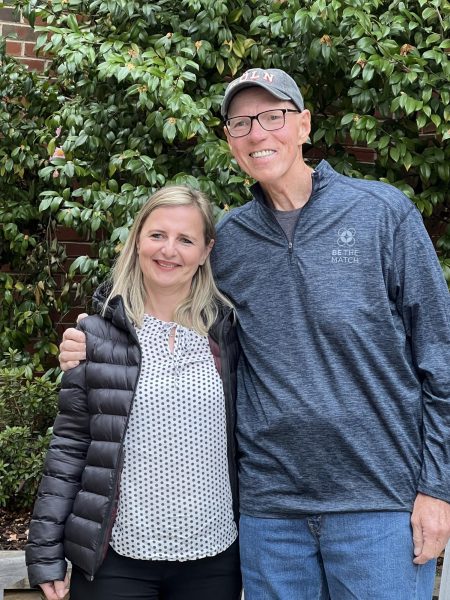
I know, it’s naive to think every story ends happily. Blood cancer impacts around 1.3 million people in just the United States alone. In 2022, 608,336 people died of cancer in the U.S. Though a fraction of that is blood related, it doesn’t change the fact that this disease plagues our nation and the world. And if I may be so frank, it doesn’t matter if you’re scared of needles, or looking at your blood or taking an unnecessary trip to the blood bank, your action can save someone’s life. And right now, all we need is a swab. If later down the road, you get the call that you’re a match, and decide not to donate, that’s completely your choice. That’s the beauty of a donor registry: hopefully, there’s multiple matches for a recipient.
On Tuesday April 8, UNCW hosted its own stem cell drive underneath NMDP from 10 a.m. to 2 p.m. at the Head of Chancellor’s Walk. It was a great opportunity for students, faculty and the Wilmington community to stop by and take a few minutes to register. We were able to send all 50 envelopes back to NMDP with used swabs attached. The experience was deeply meaningful and special to me personally, as my dad got to stand at that table today and be an example for every person that walked by, saying: “Hi, I’m a recipient, and a gift like yours today saved my life.”
If you are interested and didn’t get the chance to stop by, that’s okay! Visit here to enter your address and get a swab sent directly to your door.





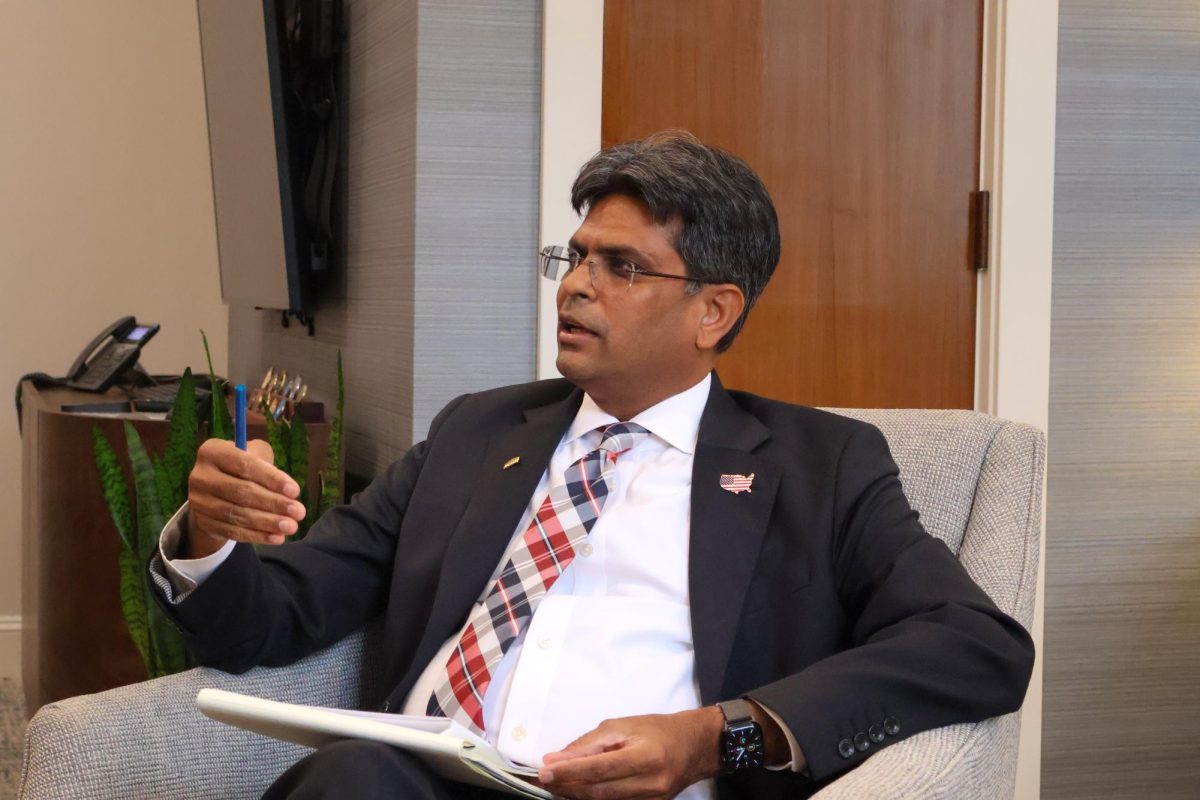
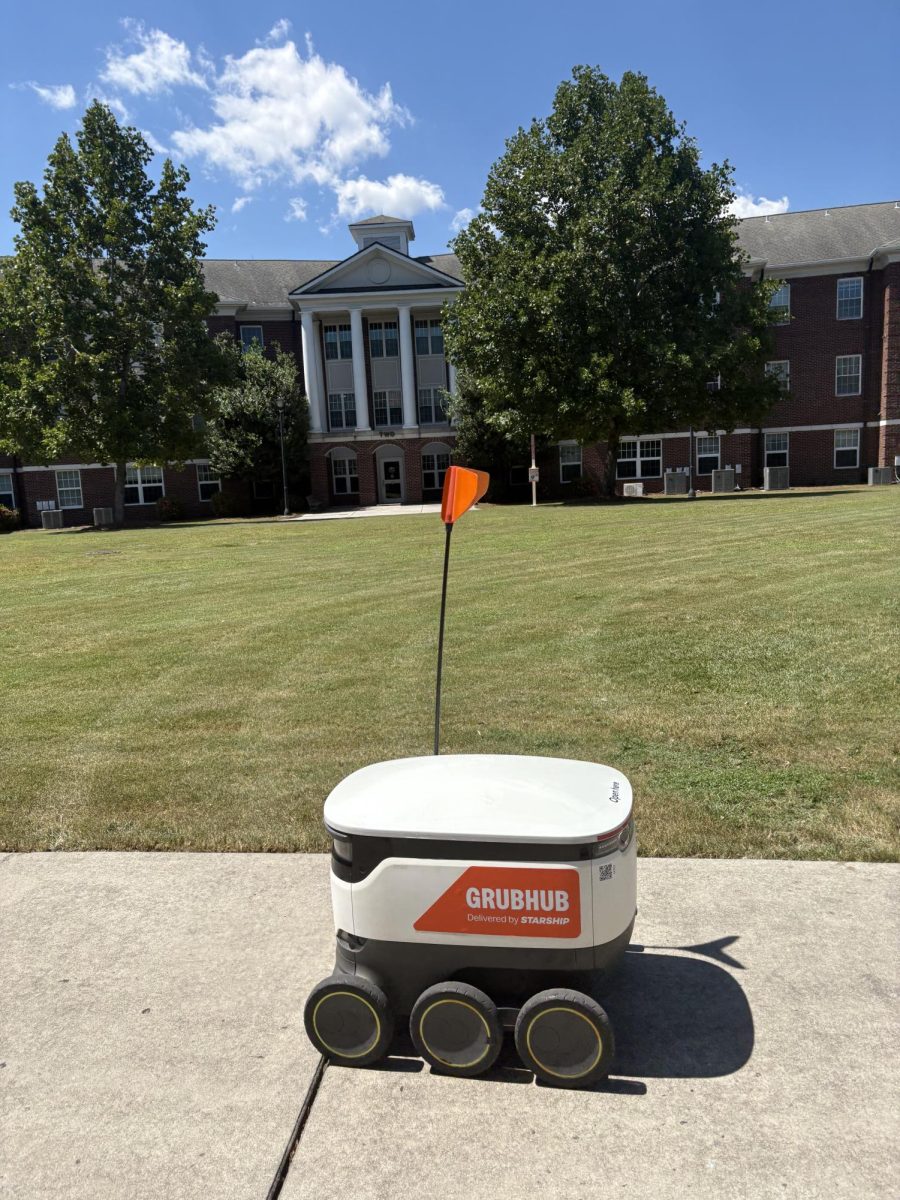





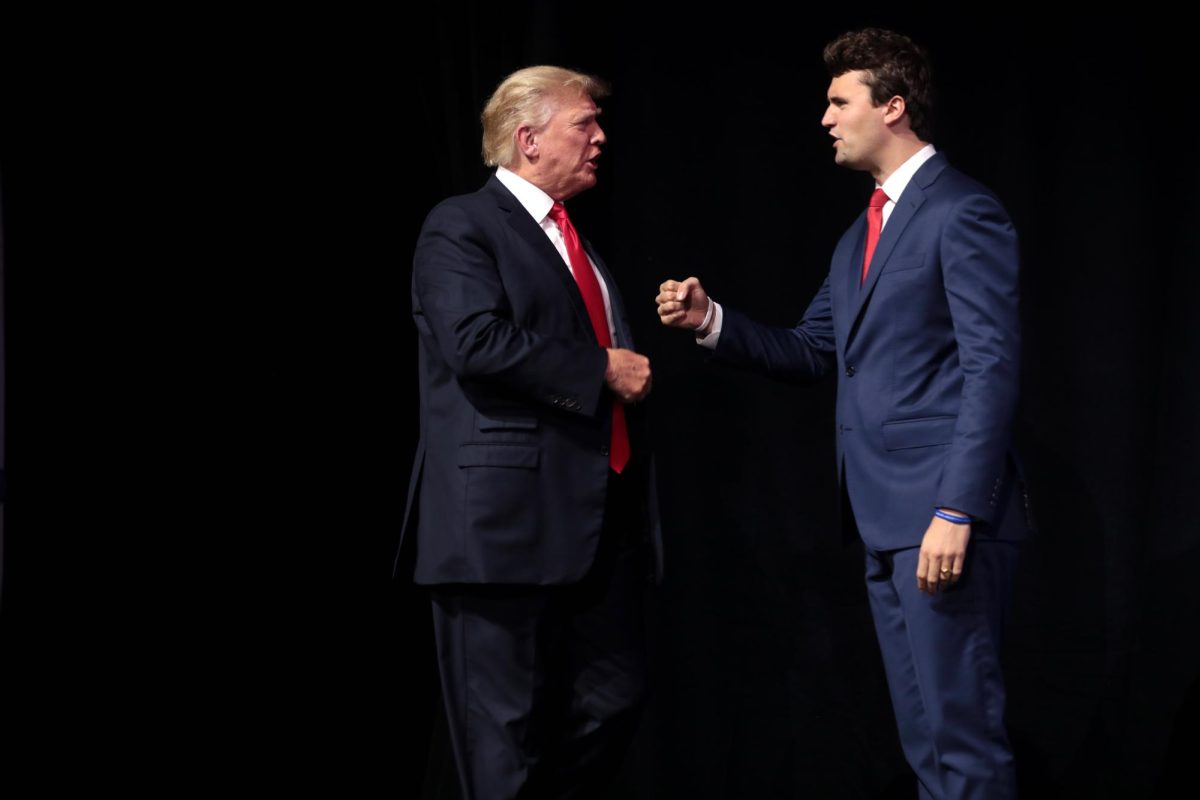

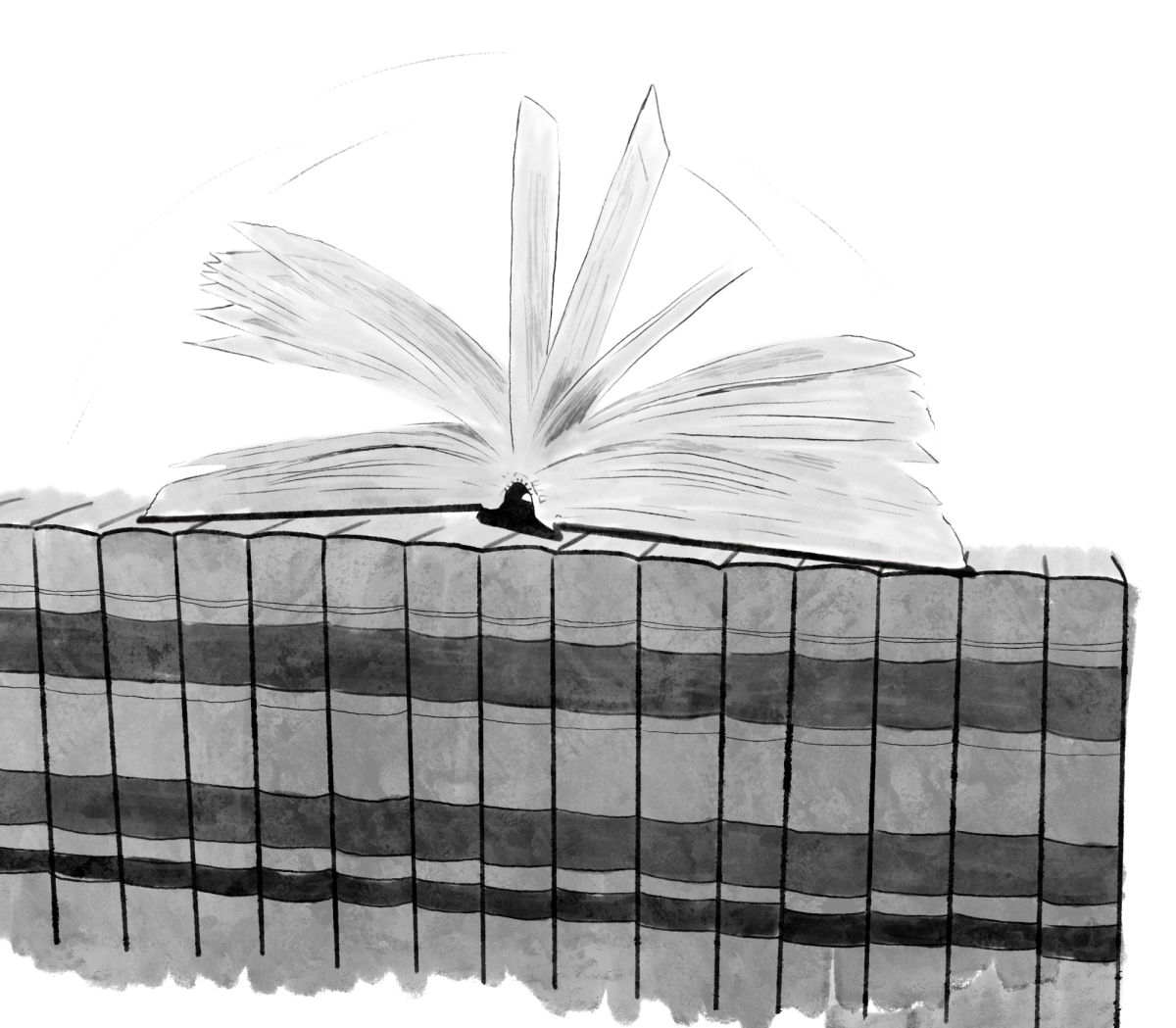

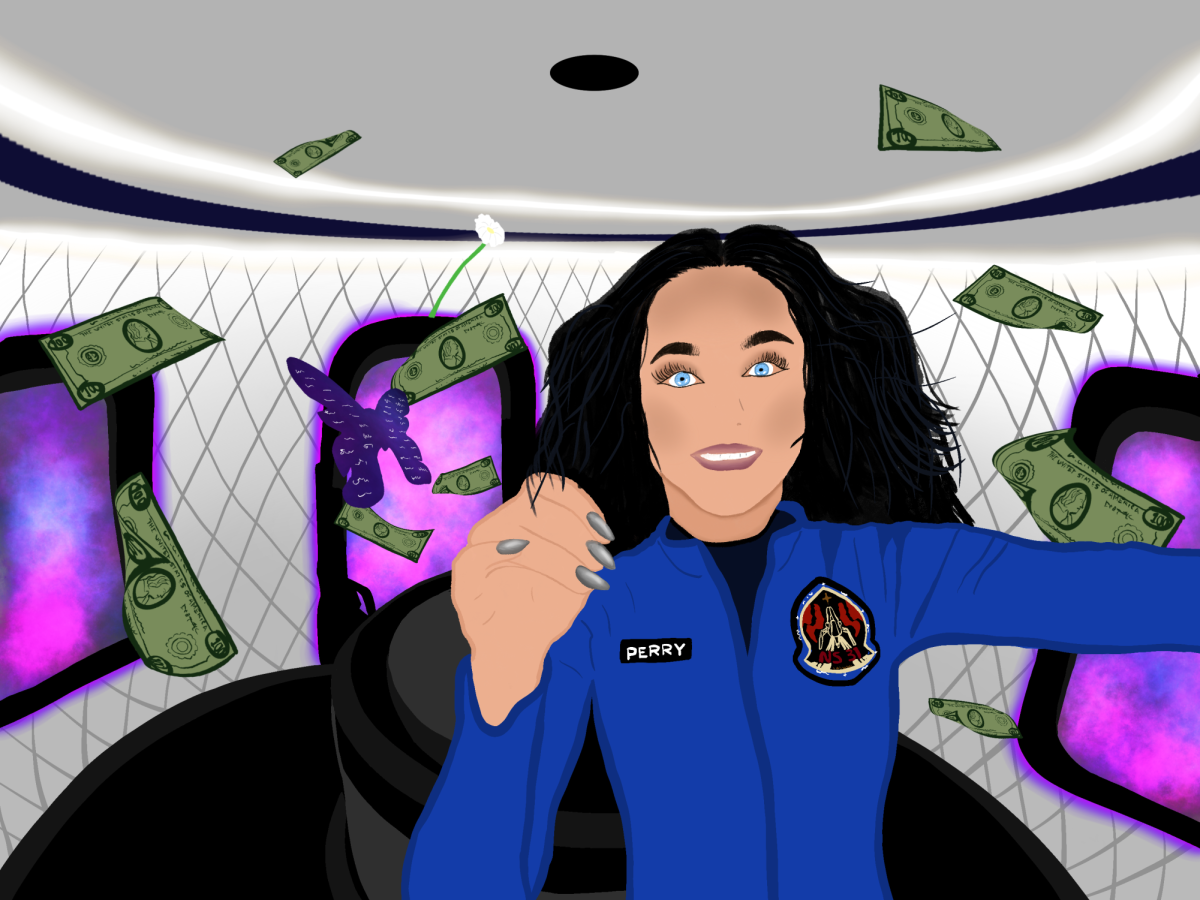
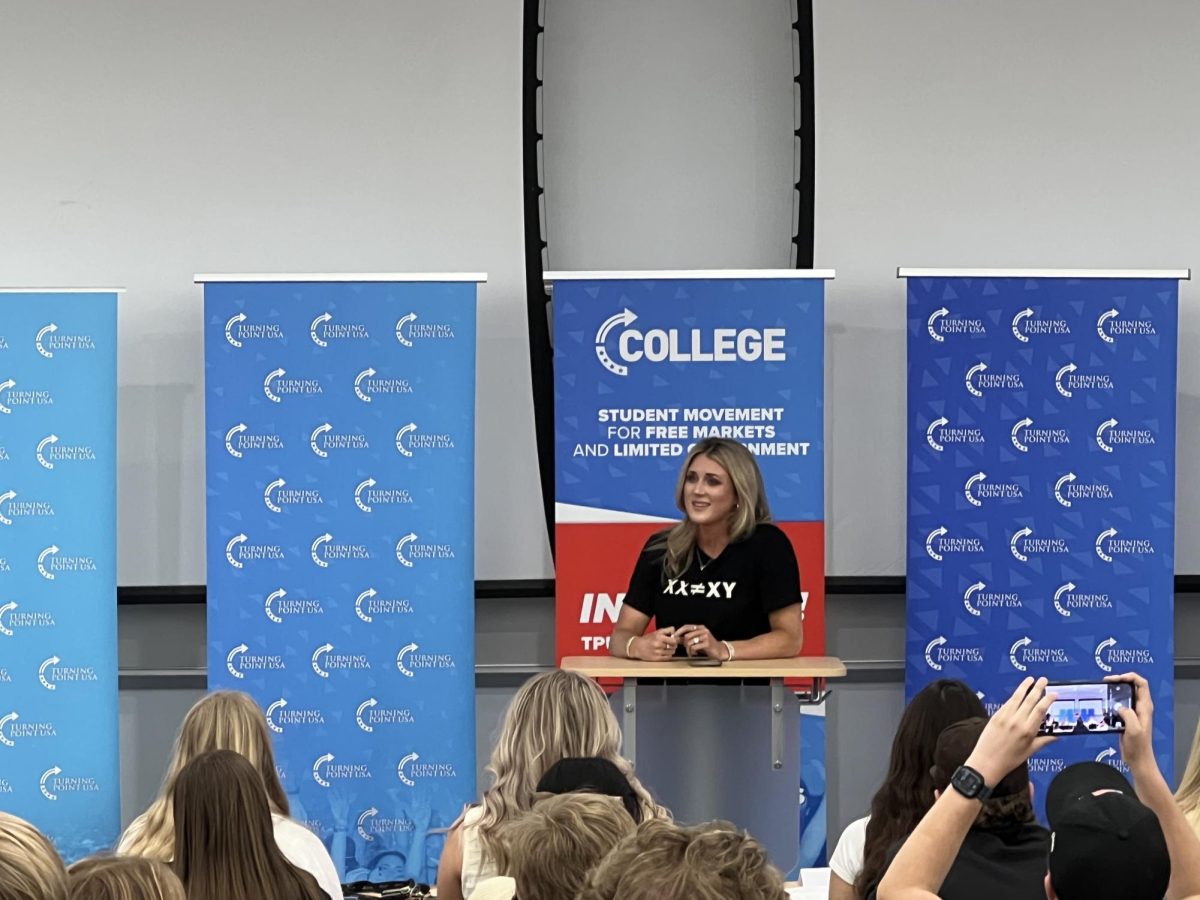

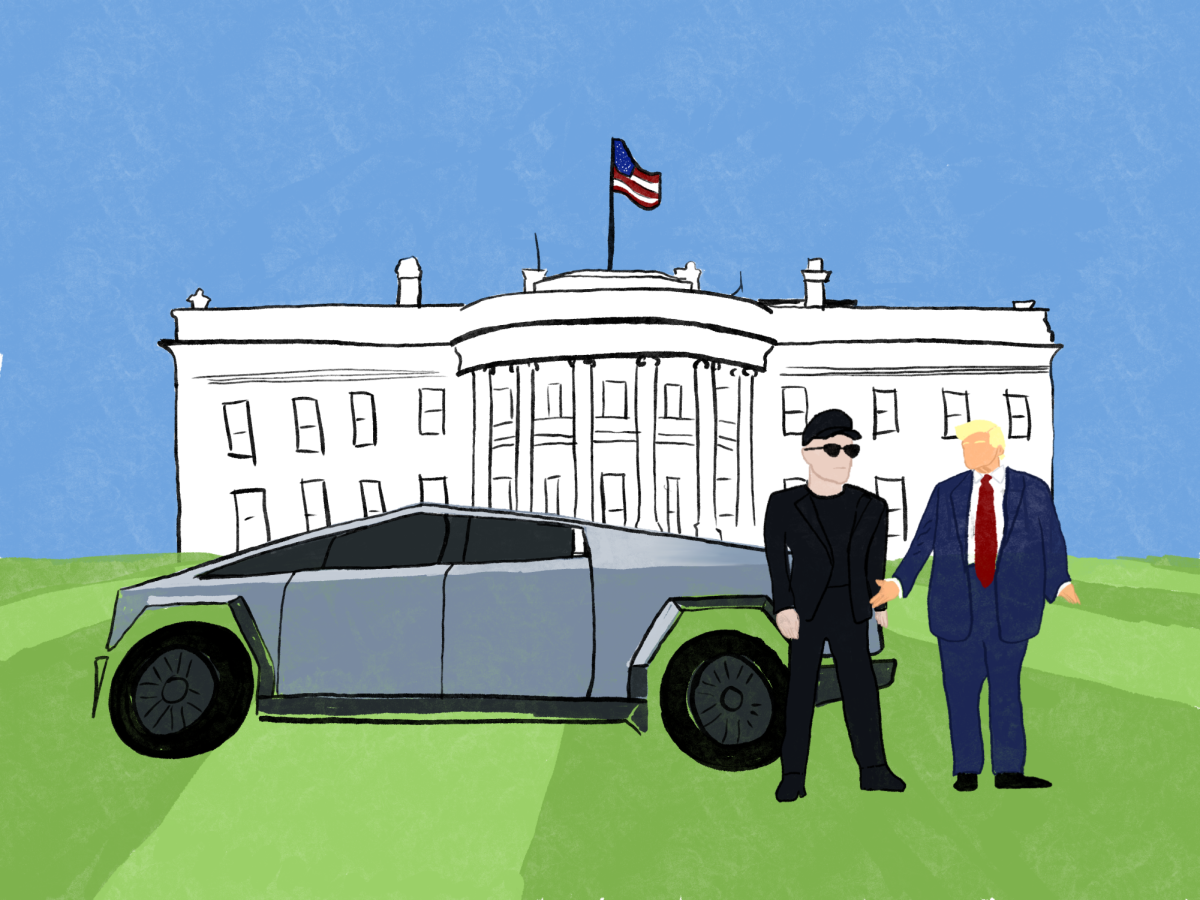
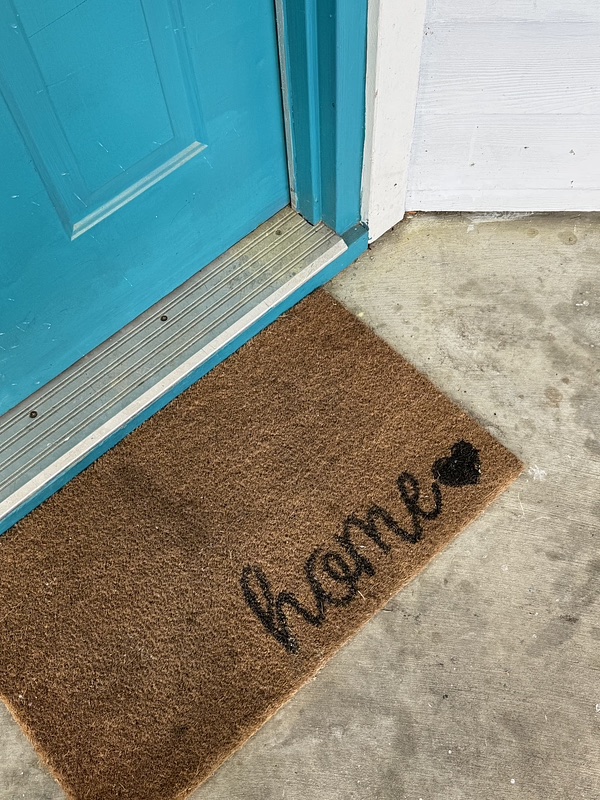
Cindi • Apr 15, 2025 at 10:33 am
I loved this article on many levels. It was well-written, informative, heart felt. Explained a very complex process in a way easy to understand. What a great story!!
Tracy Parker • Apr 10, 2025 at 5:55 am
Such a beautiful story to share with the community.Grace is an amazing young woman. I love her and her family.
What a wonderful journalist she has become.